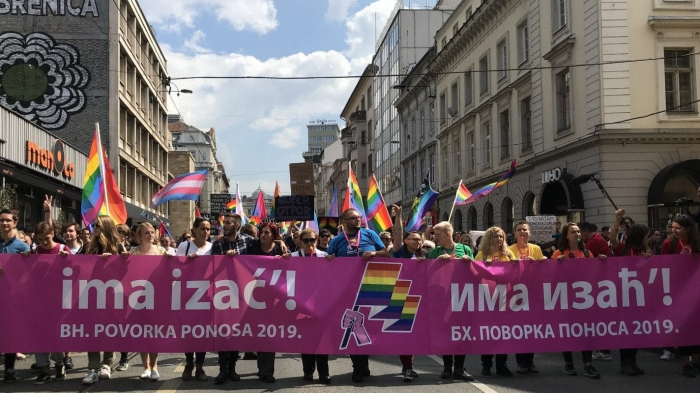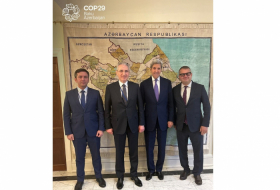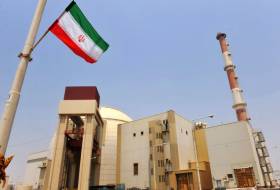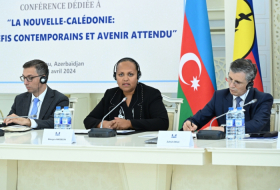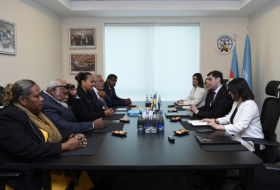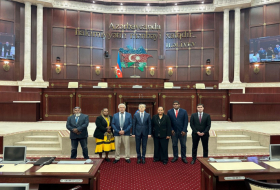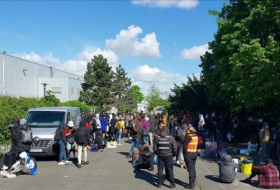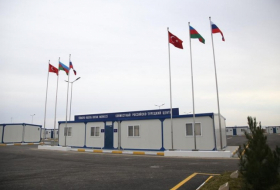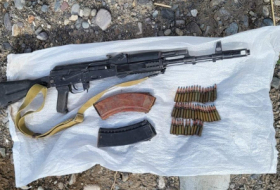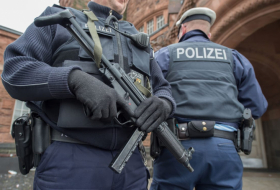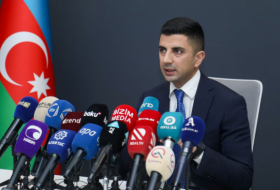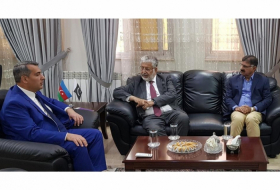No incidents were reported despite threats of violence and counterdemonstrations ahead of the September 8 event, in which nearly 2,000 people took part according to estimates by police, which provided significant security for the event.
The march down Sarajevo's main street was held under the slogan "Ima izac!" which roughly means "Wanna come out!"
Many marchers wore rainbow T-shirts, and beat drums and blew whistles. Others carried rainbow flags and signs that read "United In Differences" and chanted "Death to fascism, freedom to the people!"
"We want to build a nonviolent society, a society of togetherness, where no one would have to hide their love and live inside four walls," said Lejla Huremovic, who helped organize the parade. "We are aware that this walk is not going to change the world, but we also know that this Pride is giving hope that the change is possible."
The march was a first for the capital of Bosnia-Herzegovina, which is deeply conservative and the only successor state to the former Yugoslavia to have never hosted a "pride" parade. Sarajevo has tried to hold LGBT events in the past, including a film festival in 2014, but those were disrupted by gay-rights opponents.
"The parade is important so that one day my partner and I can get the marriage that we did in Croatia recognized" in Bosnia, said Sasa Gavric, a former director of the Sarajevo Open Center, a human rights organization.
Local media reported that 1,200 police officers were on hand for security.
When organizers announced plans for the march in April, they were met with scorn from some conservative groups and concern about security -- including one call for barriers to go up in the capital.
The Office of the High Representative, an international institution to ensure aspects of the 1995 peace accord, called on authorities "to take every appropriate measure to enable this peaceful assembly to take place without interruption and without participants fearing violence."
"There is no reason why [Bosnia-Herzegovina] should be left behind as the only country in the region where the LGBT community is not able to hold a peaceful gathering," the institution said on September 6.
Fears of a backlash were exacerbated by violence at past LGBT events in 2008 and 2014 that were targeted by Islamists and conservative activists.
A group called Sjetlo (Light) Association that opposes the march organized a "traditional family day" rally on September 7 for the same planned route as the LGBT march.
Other apparent efforts to thwart the LGBT march included a local religious professor who received a permit for a demonstration not far from the planned parade route.
The pride march organizers said they hoped to draw participants from neighboring Croatia, Montenegro, Serbia, and other countries in the region, which is still scarred by lingering ethnic violence that followed the breakup of Yugoslavia in the early 1990s.
The European Union delegation and U.S. Embassy in Sarajevo have expressed support for the march.
U.S. Ambassador Eric Nelson, who is openly gay, said on September 8 that "I am marching today with my colleagues from the EU and Switzerland -- all countries that stand for equal rights for everyone, and that's what Bosnians and Herzegovinians want in their future, so let's think about how to create that."
Nelson earlier issued a video message wishing the event well and touting its message of "equal human rights for all."
British Ambassador to Bosnia-Herzegovina Matthew Field told RFE/RL's Balkan Service that it was a "great honor and a great pleasure" to participate in the country's first pride event.
"I think that today's parade will send a very positive message about the country: that Bosnia-Herzegovina is open and tolerant, that it is a country for all of us," Field said.
Ahead of the event, leaflets appeared around Sarajevo showing a doctored photo of Nelson in front of a rainbow flag, saying "Gay is not OK" in red lettering.
Pride organizers said no accompanying entertainment was planned. That’s a departure from similar LGBT events in Europe, including places like Kyiv and Tbilisi which have also had pride events marred by tension and violence.
The march route began at an eternal flame to the victims of World War II and ended about 1 1/2 kilometres at the parliament building, where speakers addressed participants.
Wary of counterdemonstrators and other potential backlash, organizers urged participants to arrive early and avoid displaying "any identifiable LGBTIQ features before entering the secure area," saying rainbow banners and other materials will be available once inside.
Discrimination is banned under Bosnian law but LGBT people routinely face harassment and even violence that frequently goes unpunished.








